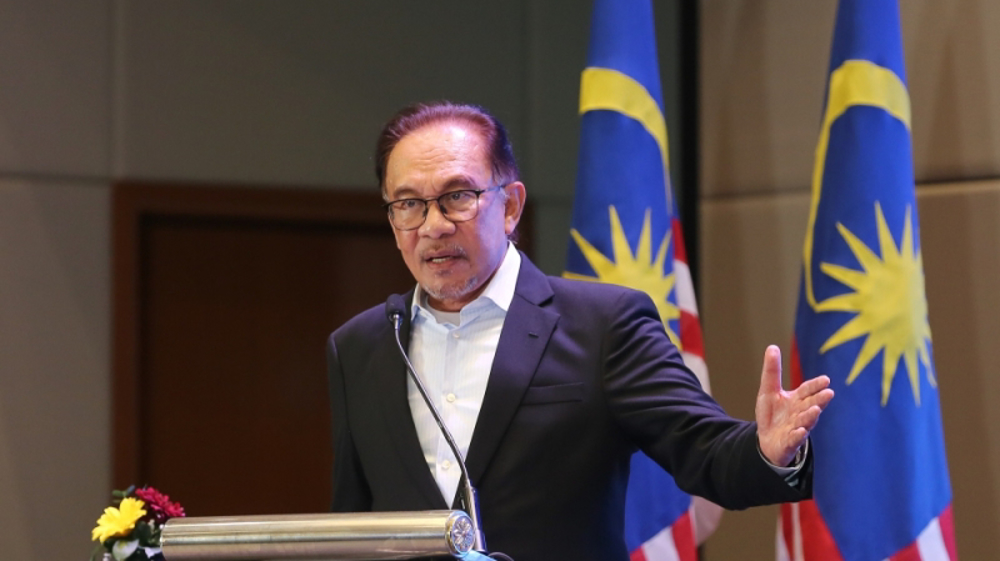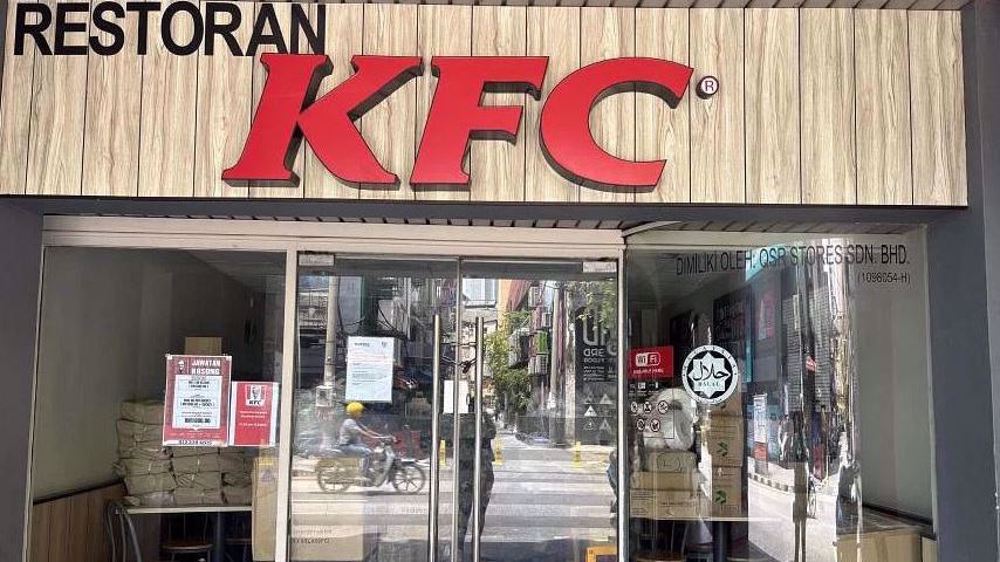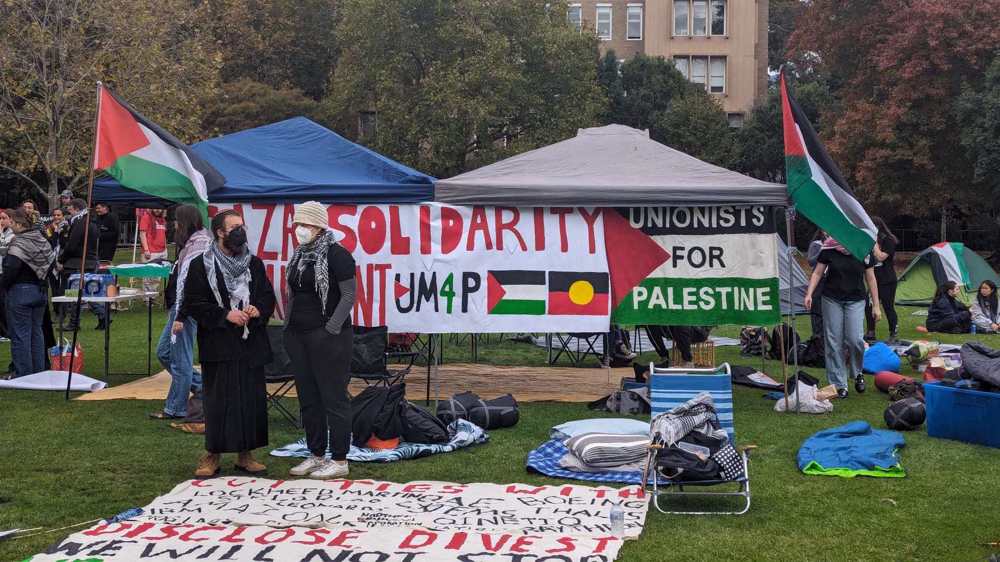Nepal police kill 3 anti-constitution protesters
Nepal's security forces have shot and killed at least three protesters during two separate demonstrations against a new constitution in the Himalayan country’s restive south.
At least two protesters were killed in the southeastern district of Morang after clashes broke out between police forces and demonstrators late on Thursday.
Police spokesman Kamal Singh Bam confirmed that the riot police shot dead at least two people as hundreds of protesters armed with batons, knives and petrol bombs attempted to disrupt a meeting of activists from the ruling CPN-UML party in the southeastern district of Morang Thursday afternoon.
Bam said one of the victims was a 65-year-old woman, adding, "The police were forced to fire after the protests became violent."
Separately, a 25-year-old man died when police opened fire on angry protesters as they tried to stop a public bus in the same volatile region.
The latest deadly clashes come as Nepal’s parliament overwhelmingly passed the new constitution that had been delayed for years due to differences between political factions. The new charter came into force on September 20, 2015.
Protests continue to rock parts of the country, signaling that the new charter is not likely to allay the concerns of the country’s many marginalized groups. Violent protests have claimed the lives of over 50 demonstrators over the past months.
The new national constitution aims to restructure Nepal as a federal state made up of seven provinces, and to draw a line under a decade-long civil war that ended in 2006.
The members of marginalized groups demand their own separate province. The groups include the Madhesi and Tharu ethnic minorities who mainly inhabit the country's southern plains.
This comes as a large crowd of angry Nepalese demonstrators from the Madhesi ethnic minority protesting against the new national constitution have been blocking a major bridge crossing between the Neap and India since September 24. The protests have resulted in cutting off vital supplies and forcing nationwide fuel rationing.

Several rounds of talks between the Nepalese government and the protesting parties have failed to reach a deal.
In addition to that, a large crowd of angry Nepalese demonstrators protesting against the national constitution have been blocking a major trading checkpoint between India and Nepal since September 24. The protests have resulted in cutting off vital supplies and forcing nationwide fuel rationing.
The blockade has deteriorated bilateral relationship between the two countries.
Some Nepalese authorities have accused neighboring India of deliberately blocking vital supplies into the landlocked Himalayan country.
The Indian government has expressed concern over the ongoing situation. Senior authorities in New Delhi, who have criticized Kathmandu's handling of the constitution, and have denied being behind the blockade.
VIDEO | Israel’s economic crisis
May 1: ‘Axis of Resistance’ operations against Israeli occupation
Russia says US has held UN Security Council 'hostage'
Israel accused of committing yet another war crime over killing 8-year-old boy
US Muslims slam House’s bill on criminalization of anti-Israel speech
VIDEO | Families of Israeli captives press for swap deal with Hamas
IRGC: Iran employed only 20% of its military resources to punish Israel
Explainer: What’s significance of Columbia’s Hamilton Hall, renamed ‘Hind’s Hall’?















 This makes it easy to access the Press TV website
This makes it easy to access the Press TV website